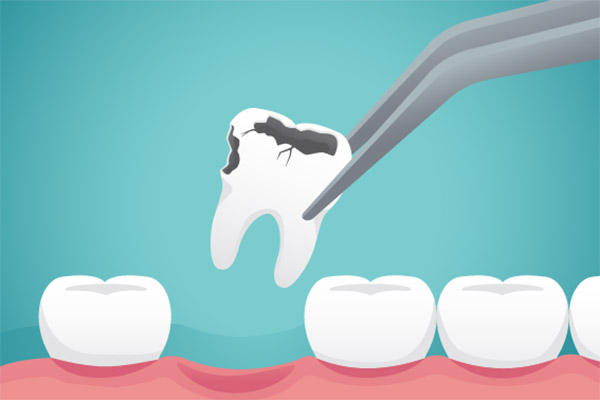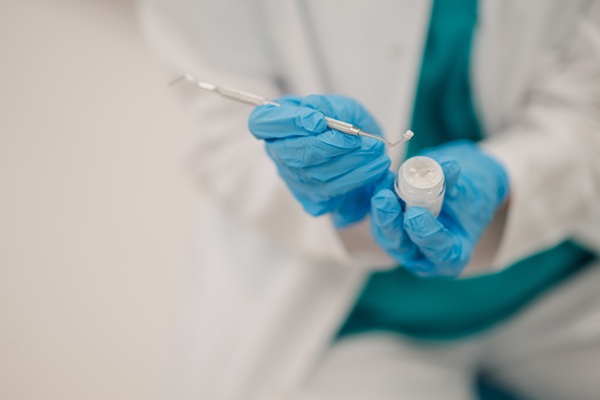 During a visit to the periodontist, the dental professional will reiterate the importance of taking proper care of your gums and teeth. Only a few people realize how important good oral health is to overall wellness. Since the mouth is the primary entry point into the body, bacteria can spread to other parts, putting you at risk of different ailments and diseases.
During a visit to the periodontist, the dental professional will reiterate the importance of taking proper care of your gums and teeth. Only a few people realize how important good oral health is to overall wellness. Since the mouth is the primary entry point into the body, bacteria can spread to other parts, putting you at risk of different ailments and diseases.
The potential consequences of poor oral hygiene, according to a periodontist
Brushing and flossing daily is essential, but many people do not do so. According to a 2013 poll conducted by the American Dental Association, only about 31% of Americans floss daily, and approximately 19% do not floss at all. That number is quite significant. The following are a few of the most severe health consequences of poor dental hygiene.
Gum disease
Gingivitis is minor periodontitis (advanced gum disease) that causes swelling, inflammation, and painful gums. The condition is typically caused by plaque accumulation on the teeth and gums due to poor oral hygiene routines. The signs of gum disease include gum recession, sensitivity, bad breath, bleeding gums, and gums with a dark red color. Without prompt treatment, gingivitis will progress into periodontitis, which can potentially result in damages to the supporting structures of the teeth and tooth loss.
Risk of heart disease and stroke
Patients with periodontal disease are at higher risk of being diagnosed with heart disease and artery narrowing, which results from the entry of plaque and bacteria into the body from the gums. Bacteria can clog arteries and increase the chances of having a heart attack. When the blood vessels that carry blood to your brain get blocked, a stroke is highly probable.
Risk of dementia
In a study from the University of Central Lancashire School of Medicine and Dentistry, the researchers discovered an association between the common bacteria in gum disease and dementia. They evaluated 20 brain samples, 10 from patients with dementia and 10 from patients without. They discovered the bacteria, Porphyromonas gingivalis, in four samples from those with dementia; the other samples were free of the bacteria.
The actual causes of dementia are unclear, so it is hard to categorically state the connection between gum disease and lower brain functions. However, the takeaway is that poor oral hygiene worsened symptoms in patients exhibiting the initial signs of dementia.
Diabetes
According to studies, more than 95% of people with diabetes in the United States also have periodontal disease or tooth loss. Periodontal disease can worsen diabetes symptoms and affect a person's capacity to control their blood sugar levels.
Respiratory issues
Periodontal disease can cause germs to enter the bloodstream and spread to the lungs, where they can have a direct effect on the respiratory system. According to studies published in the Journal of Periodontology, this increases the chances of developing acute bronchitis or chronic pneumonia.
In conclusion
Booking appointments with the dental professional might help you detect oral hygiene issues before they become serious. Although the studies listed here require more research to confirm their conclusions, the overall message is that poor oral hygiene can lead to various health issues. You can meet with the periodontist if you have more questions about gum disease.
Request an appointment or call Potomac Woods Family Dental Care at 301-202-1553 for an appointment in our Rockville office.
Related Posts
If you have never visited a periodontist for oral health treatment, it is helpful to know what these professionals do. Periodontists are dentists that focus on the diagnosis, prevention, and treatment of gum disease and related issues. One symptom of this disease is gum recession. It may require gingival gum surgery to correct and restore…
A periodontist can help to reverse or manage gum disease. Medically termed periodontal disease, gum disease is an infection of gum tissues caused by oral bacteria. These microorganisms feast on sugars from foods and beverages consumed, and they form plaque.Plaque is a sticky film that coats teeth and gum surfaces, and it creates the mushy…
A periodontist helps patients through the dental implant process, from consultation visits to aftercare after successful restoration placement. Read on to learn more about this procedure. In many cases, a bone graft procedure is required in order to ensure the successful fusion of the dental implant with the jawbone.A bone graft procedure is sometimes necessary…


